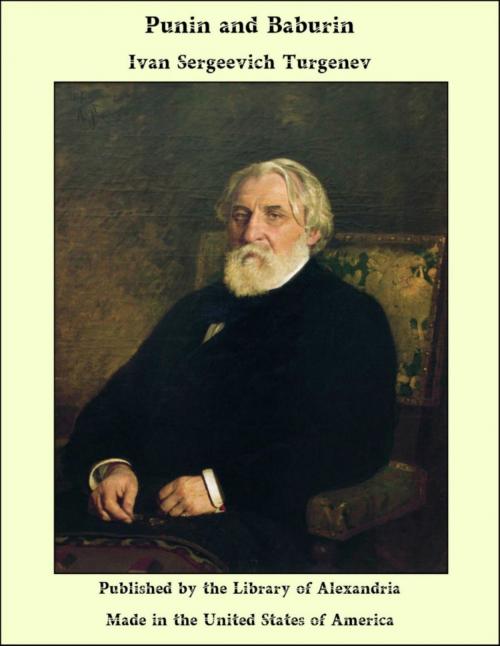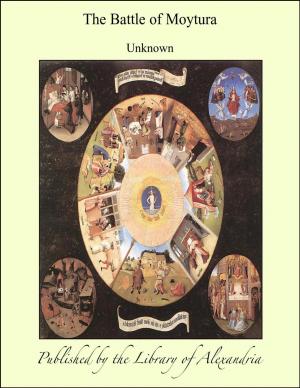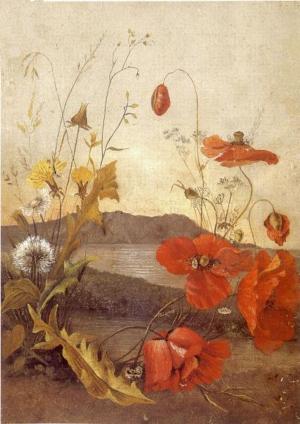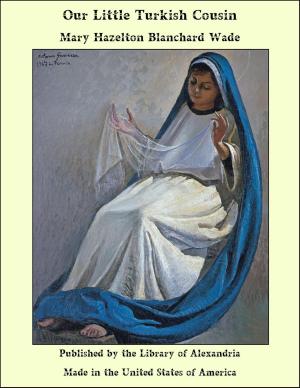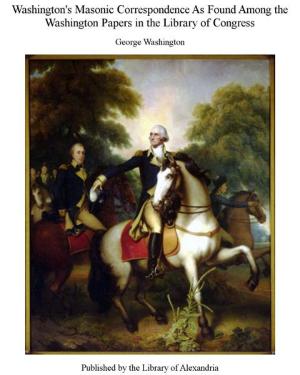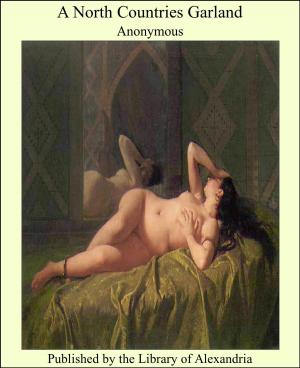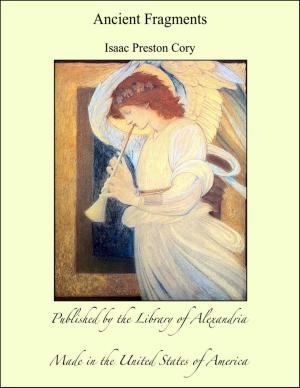| Author: | Ivan Sergeevich Turgenev | ISBN: | 9781465592224 |
| Publisher: | Library of Alexandria | Publication: | March 8, 2015 |
| Imprint: | Language: | English |
| Author: | Ivan Sergeevich Turgenev |
| ISBN: | 9781465592224 |
| Publisher: | Library of Alexandria |
| Publication: | March 8, 2015 |
| Imprint: | |
| Language: | English |
I AM old and ill now, and my thoughts brood oftenest upon death, every day coming nearer; rarely I think of the past, rarely I turn the eyes of my soul behind me. Only from time to time—in winter, as I sit motionless before the glowing fire, in summer, as I pace with slow tread along the shady avenue—I recall past years, events, faces; but it is not on my mature years nor on my youth that my thoughts rest at such times. They either carry me back to my earliest childhood, or to the first years of boyhood. Now, for instance, I see myself in the country with my stern and wrathful grandmother—I was only twelve—and two figures rise up before my imagination. THE old footman Filippitch came in, on tip-toe, as usual, with a cravat tied up in a rosette, with tightly compressed lips, “lest his breath should be smelt,” with a grey tuft of hair standing up in the very middle of his forehead. He came in, bowed, and handed my grandmother on an iron tray a large letter with an heraldic seal. My grandmother put on her spectacles, read the letter through. Five minutes later there came into the room a man of five-and-thirty, black-haired and swarthy, with broad cheek-bones, a face marked with smallpox, a hook nose, and thick eyebrows, from under which the small grey eyes looked out with mournful composure. The colour of the eyes and their expression were out of keeping with the Oriental cast of the rest of the face. The man was dressed in a decent, long-skirted coat. He stopped in the doorway, and bowed—only with his head.
I AM old and ill now, and my thoughts brood oftenest upon death, every day coming nearer; rarely I think of the past, rarely I turn the eyes of my soul behind me. Only from time to time—in winter, as I sit motionless before the glowing fire, in summer, as I pace with slow tread along the shady avenue—I recall past years, events, faces; but it is not on my mature years nor on my youth that my thoughts rest at such times. They either carry me back to my earliest childhood, or to the first years of boyhood. Now, for instance, I see myself in the country with my stern and wrathful grandmother—I was only twelve—and two figures rise up before my imagination. THE old footman Filippitch came in, on tip-toe, as usual, with a cravat tied up in a rosette, with tightly compressed lips, “lest his breath should be smelt,” with a grey tuft of hair standing up in the very middle of his forehead. He came in, bowed, and handed my grandmother on an iron tray a large letter with an heraldic seal. My grandmother put on her spectacles, read the letter through. Five minutes later there came into the room a man of five-and-thirty, black-haired and swarthy, with broad cheek-bones, a face marked with smallpox, a hook nose, and thick eyebrows, from under which the small grey eyes looked out with mournful composure. The colour of the eyes and their expression were out of keeping with the Oriental cast of the rest of the face. The man was dressed in a decent, long-skirted coat. He stopped in the doorway, and bowed—only with his head.
